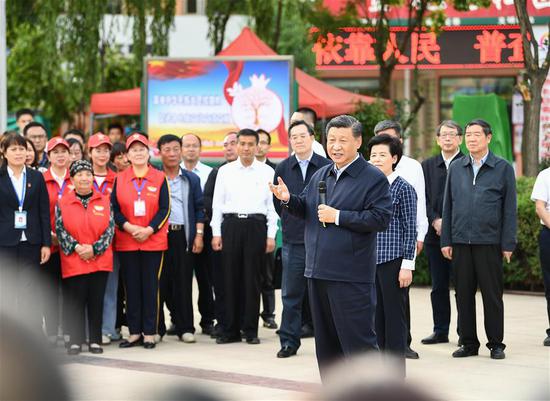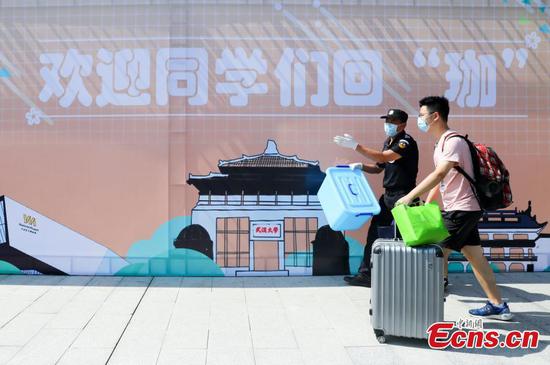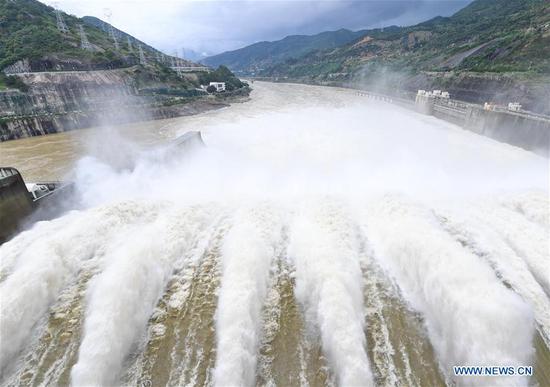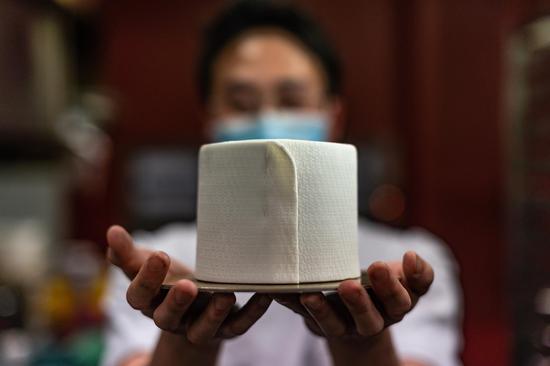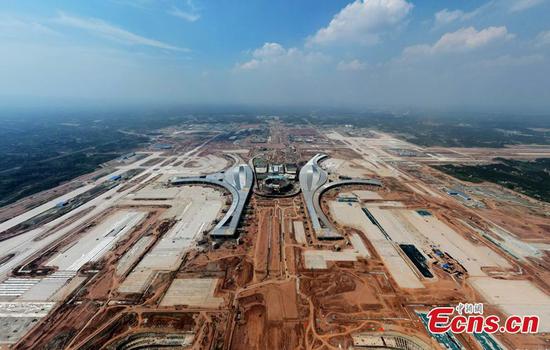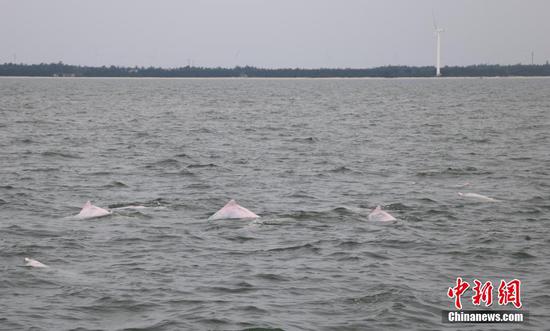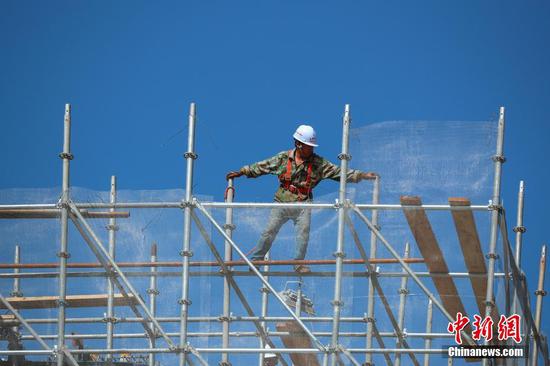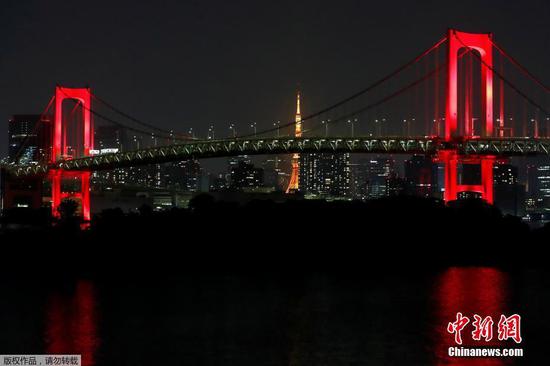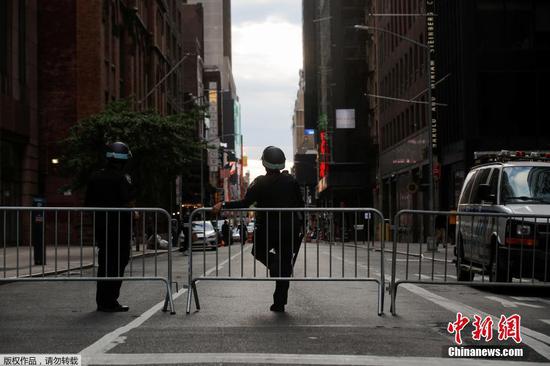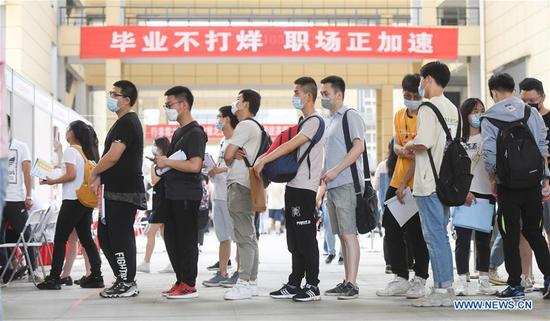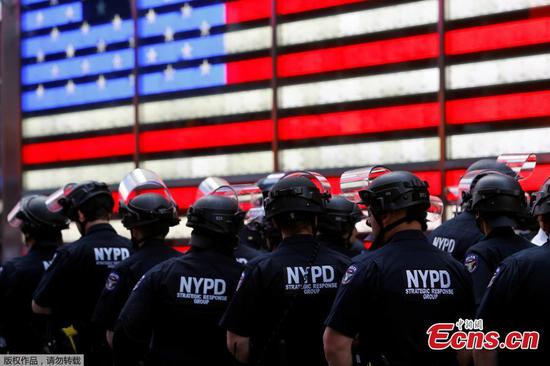The Chinese Foreign Ministry said on Monday that new national security legislation will enable Hong Kong citizens to better exercise their legal rights and freedoms in a secure environment.
Spokesperson Hua Chunying made the remarks in her rebuttal to the assertions of western politicians who oppose the legislation, including U.S. Secretary of State Mike Pompeo.
Hua told a press briefing that, with the return of Hong Kong to China and the completion of follow-up matters, all UK-related provisions in the Sino-British Joint Declaration have already been implemented.
"The legal basis for implementing 'one country, two systems,' including for the Hong Kong-related national security legislation, is China's Constitution and the Basic Law, not the Sino-British Joint Declaration," Hua said.
Targeting four categories of acts, namely secession, subversion of state power, organizing and committing acts of terrorism, and foreign and external interference in the affairs of the Hong Kong Special Administrative Region (SAR), and a very small number of people whose behaviors gravely jeopardize national security, the national security legislation will not impact the rights and freedoms of Hong Kong residents, and will only contribute to the better exercising of their legal rights and freedoms in a secure environment, Hua said.
"Therefore, there is no need whatsoever for foreign investors and the law-abiding Hong Kong residents to worry," the spokesperson said.
Hua said around 3 million Hong Kong residents expressed their support for national security legislation in signature campaigns, and well-known foreign companies like HSBC, Jardine Matheson, Swire Group and Standard Chartered have voiced their support for the legislation.
A survey by the Hong Kong General Chamber of Commerce showed that 61 percent of the respondents believe the law will have either a positive or no impact at all on their businesses over the long term, and the Hang Seng Index gained ground for five days in a row, according to Hua.
"These are all votes of confidence in the national security legislation for the Hong Kong SAR and the prospect of the 'one country, two systems' principle," Hua said.
The reason why some U.S. politicians have uttered opposition to the legislation is that what they care about is not the freedom enjoyed by Hong Kong residents, but the "freedom" to do everything they want to sabotage China's national security, Hua said.
Hua stressed that the Hong Kong-related national security legislation aims to plug the loopholes in national security for the Hong Kong SAR and the whole China.
"Those who don't intend to engage in secessionist, subversive and terrorist activities do not need to worry or overreact at all," Hua said, adding that China firmly opposes any foreign interference in Hong Kong affairs.









